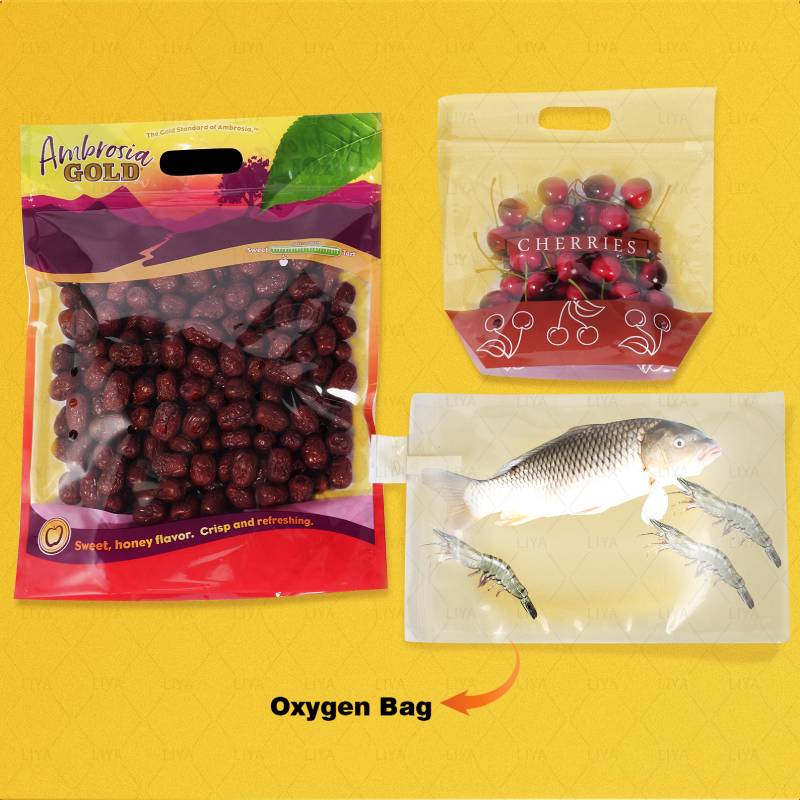Are Plastic Bags Truly Biodegradable or Just a Myth?
The Debate on Biodegradable Plastic Bags
In recent years, the issue of plastic pollution has taken center stage in environmental discussions. Among the various alternatives proposed to combat this crisis, biodegradable plastic bags have emerged as a popular solution. While they seem to offer an environmentally friendly option, a closer examination reveals a complex landscape of benefits, challenges, and misconceptions.
The Debate on Biodegradable Plastic Bags
However, the efficacy of biodegradable plastic bags is contingent upon proper disposal and the conditions they are exposed to. Many biodegradable bags require specific environments, such as industrial composting facilities, to break down effectively. Unfortunately, these facilities are not universally available, and when biodegradable bags end up in regular landfills, they can still persist for long periods, just like traditional plastics. This can lead to a false sense of security among consumers who assume that using biodegradable bags alone will solve the plastic crisis.
plastic bags are biodegradable

Moreover, a significant concern with biodegradable bags is the potential for ‘greenwashing’. Some companies might market their products as biodegradable without providing adequate information on the conditions required for decomposition. This can mislead consumers into thinking they are supporting sustainable practices while actually perpetuating a cycle of waste. Consequently, advocating for biodegradable bags as a universal solution may divert attention from more effective strategies, such as reducing overall plastic consumption and promoting reusable alternatives.
Additionally, the production of biodegradable plastics can also have environmental implications. The agricultural practices required for the raw materials, like corn and other crops, can contribute to land use changes, pesticide use, and water consumption. There exists a delicate balance between promoting biodegradable plastics to reduce waste and considering their production impacts on the environment.
Despite these challenges, biodegradable plastic bags can play a role in a multifaceted approach to reducing plastic waste. They can serve as an interim solution while society transitions towards more sustainable packaging practices. Education about responsible disposal and promoting the use of reusable bags is crucial in this effort.
In conclusion, while biodegradable plastic bags present an intriguing alternative to traditional plastic, they are not a panacea for the wider issue of plastic pollution. A comprehensive strategy that includes reducing plastic use, enhancing recycling programs, and fostering consumer awareness about environmental sustainability will be essential for creating a cleaner, greener future. By understanding the limitations and potential of biodegradable plastics, we can better navigate the path toward environmental responsibility.
-
The Best Uses for Small Trash Bags in Daily LifeNewsJul.01,2025
-
Stylish Reusable Grocery Bags TrendsNewsJul.01,2025
-
Shipping Advantages of Using Bubble Envelopes BulkNewsJul.01,2025
-
How Compostable Mailing Bags Reduce Environmental ImpactNewsJul.01,2025
-
Environmentally - Friendly Bulk Poly MailersNewsJul.01,2025
-
Eco Friendly Custom Laminated Tote BagsNewsJul.01,2025
-
Have the freedom of customizing your custom mailers any way you want! Our dedicated packaging support will help deliver you the mailing experience you need to elevate your shipping experience to the next level! Start making a strong impression on your customers and stand out from your competitors! -
LIYA uses high quality raw materials which directly purchased from large enterprises domestic and overseas such as PetroChina, Sinopec, Sabic, Equate, ExxonMobil, Dow Chemical, Total, and Borouge, ensuring the price advantage and quality of the raw materials. -
LIYA uses high quality raw materials which directly purchased from large enterprises domestic and overseas such as PetroChina, Sinopec, Sabic, Equate, ExxonMobil, Dow Chemical, Total, and Borouge, ensuring the price advantage and quality of the raw materials.





